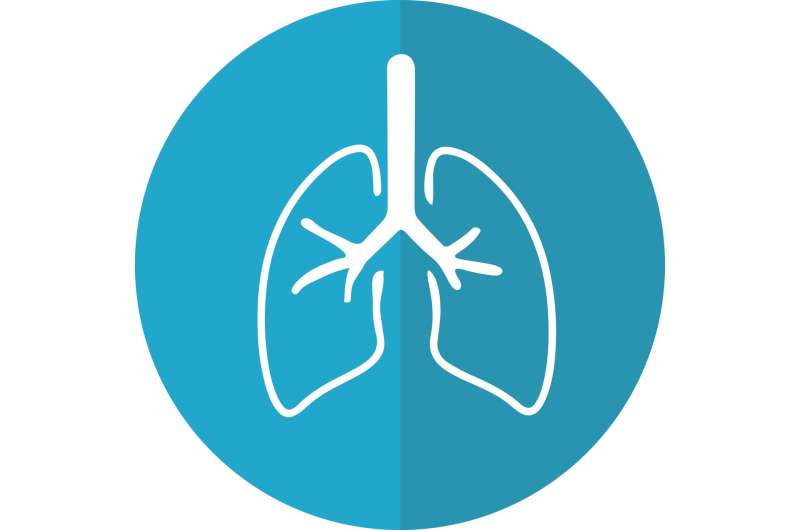Responsive Parenting Strategies Can Reduce Childhood Obesity-Related Behaviors

Early responsive parenting practices can significantly reduce behaviors linked to childhood obesity, helping families foster healthier growth from infancy.
Approximately 20% of children in the United States are affected by obesity, which significantly increases the risk of developing chronic health conditions later in life. Researchers from Pennsylvania State University and Geisinger College of Health Sciences have found that implementing responsive parenting techniques during infancy can play a vital role in mitigating behaviors that contribute to obesity.
The study focused on how early parental responses to a baby's cues can influence weight gain and related behaviors. Infants who are encouraged to finish all their food even when showing signs of fullness and are fed excessively before their second birthday are at higher risk for obesity in childhood. Researchers demonstrated that mothers who received guidance on responsive parenting—being attentive and appropriately responding to their infants' hunger, sleep, and fussiness cues—reported fewer behaviors associated with weight gain, such as pressuring their infants to feed or using electronic devices during feeding and play.
This research, led by Yining Ma, Jennifer Savage Williams, and Lisa Bailey-Davis, was published in Pediatric Obesity. The team analyzed data from 288 mother-infant pairs in low-income households through the WEE Baby Care study, a clinical trial that tested how coordinated care between pediatricians and WIC nutritionists influences parenting practices.
Participants in the responsive parenting group received tailored guidance on infant feeding, soothing, sleep, and play, reinforced during well-child visits over six months. These mothers completed lifestyle risk assessments at two- and six-months, which helped personalize counseling and identify obesity-promoting behaviors.
Results showed that mothers practicing responsive parenting were less likely to pressure their infants to finish their bottles, delay bedtime beyond 8 p.m., or use screens during feeding or play. They also reported fewer nighttime feedings. The initial behavioral improvements were most notable at two months, although the differences diminished by six months. Overall, the intervention effectively helped mothers better understand and respond to their infants' cues, reducing early obesity risk behaviors.
The study highlights the importance of early, coordinated care in supporting healthy parenting practices. The researchers advocate for broader use of tools like the Early Healthy Lifestyles (EHL) risk assessment to identify and address obesity-related behaviors early in infancy. They emphasize that programs like WEE Baby Care and WIC are essential in providing families with resources and confidence in caring for their babies, particularly in underserved communities.
Future research aims to evaluate the long-term impact of responsive parenting on child weight and health outcomes, with the goal of integrating these strategies into routine pediatric care. Encouraging attentive and supportive caregiving in early infancy can be a powerful step toward preventing childhood obesity from a young age.
Stay Updated with Mia's Feed
Get the latest health & wellness insights delivered straight to your inbox.
Related Articles
Promising Results for BMS-986504 in Treating MTAP-Deleted Non-Small Cell Lung Cancer
Clinical trials reveal promising and durable responses of BMS-986504 in treating MTAP-deleted NSCLC, including in patients with EGFR and ALK alterations, paving the way for personalized lung cancer therapies.
Study Reveals Female Pilots Excel Under Pressure
New research highlights that female pilots outperform males in high-pressure flight scenarios, suggesting the need to rethink pilot evaluation and training systems for greater safety and inclusivity.
Social Media's Mixed Messages About Food and Body Image Uncovered in New Study
New research reveals that social media food videos often promote conflicting messages about eating habits and body image, potentially impacting viewers' health and perceptions. Learn about the findings and implications for online content regulation.
EXPLORER Accelerates Cancer Detection with Faster PET Imaging
A groundbreaking advancement in PET imaging using the EXPLORER scanner reduces cancer detection time from an hour to just 20 minutes, improving accuracy and patient comfort.



